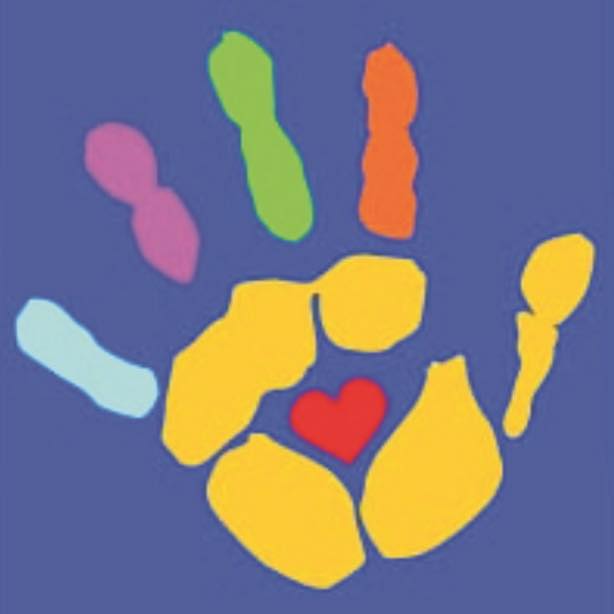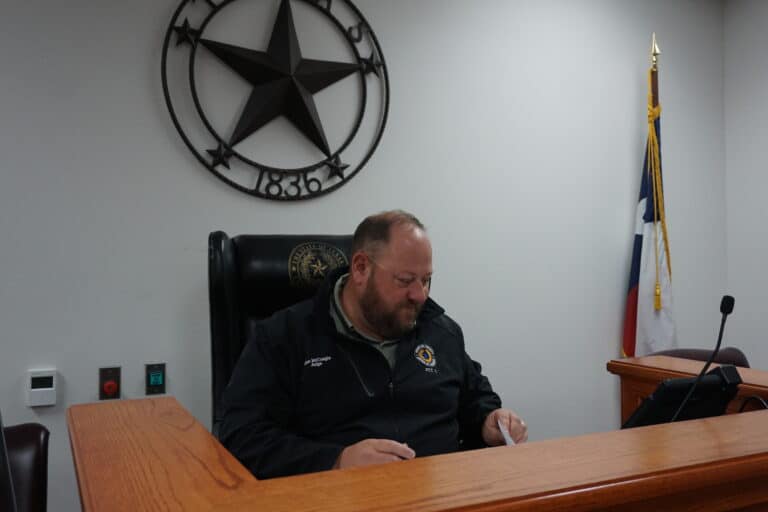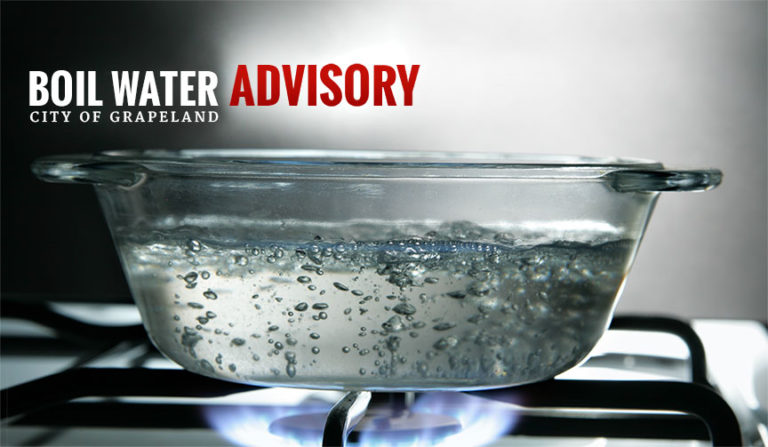April Child Abuse Awareness Month

By Greg Ritchie
Messenger Reporter
HOUSTON COUNTY – April is Child Abuse Prevention Month and to commemorate the month, a ceremony will be held on the steps of the Houston County Courthouse Friday, Apr. 5 at 9 a.m. where community and religious leaders, along with city and county officials will mark the occasion, including the traditional raising of the flag and releasing the traditional balloons.
As recently reported in The Messenger, child abuse is a growing concern not only in Houston County, but around the country. Most experts say this is due to more and better reporting of such incidences, believing high numbers of such cases were better hidden in the past.
Several local non-profits such as Kalin’s Center and the Houston County Child Welfare Board will join pastors, educators and government and law enforcement officials on the east side of the downtown Crockett county courthouse steps for the ceremonies.
Each year the numbers are alarming, leading residents to post signs outside their homes and businesses to remind people to be aware and report any warning signs of child abuse.
As many victims are embarrassed or afraid to tell on a friend, family member, teacher, or perhaps other person of authority, it is important to recognize some of the possible tendencies many children show when they are being abused.
- Withdrawal from friends or usual activities
- Changes in behavior — such as aggression, anger, hostility or hyperactivity — or changes in school performance
- Depression, anxiety or unusual fears, or a sudden loss of self-confidence
- Sleep problems and nightmares
- An apparent lack of supervision\
- Frequent absences from school
- Rebellious or defiant behavior
- Self-harm or attempts at suicide
Those committing such abuse also sometimes give signs of their own. While not meaning people who exhibit one or all of these signs abuse anyone, by knowing signs of both potential victims and potential abusers, help can be sought before things get out of control.
- A history of being abused or neglected as a child
- Physical or mental illness, such as depression or post-traumatic stress disorder (PTSD)
- Family crisis or stress, including domestic violence and other marital conflicts, or single parenting
- A child in the family who is developmentally or physically disabled
- Financial stress, unemployment or poverty
- Social or extended family isolation
- Poor understanding of child development and parenting skills
- Alcohol, drugs or other substance abuse
If you suspect abuse or are the victim of abuse, contact law enforcement immediately.
Greg Ritchie can be reached at [email protected]






